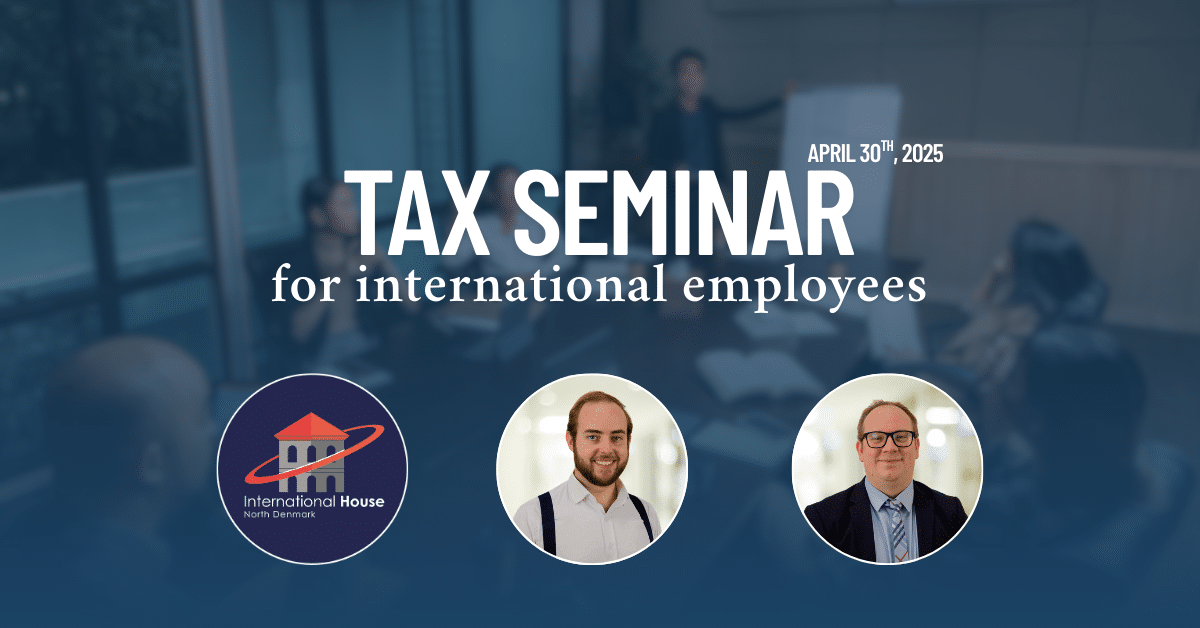Employers
- Adjust new rates for tax free allowances for 2023, e.g., Per Diem allowances and Mileage allowance
- Review if rates on tax free payouts have been followed throughout 2023
- Make sure that unused holiday is agreed to be transferred or paid to the employee (maximum of five days)
- Adjust for the new requirements of the salary for employees on the expat scheme (if necessary)
- Apply or re-apply for A1 certificates for cross-border employees
- Review reports for payroll and align for potential changes no later than February 2024
- Prepare reports for eKapital on stock incentive plans
- If it has been a year of growth be mindful of deadlines changing on withholding tax and VAT
Individuals
- Payment of outstanding tax for 2023 before 31st December to avoid day-to-day interest applied from 1st January 2024
- Update your 2024 preliminary tax assessment (“Forskudsopgørelse”) so you are set for correct tax withholding in 2024
- Consider (extra) contributions to deductible pensions
- Prepare for changes to year-end statement for 2023 when it becomes possible in February (so it will be included on the first edition)
- Consider if you should opt for the extended information scheme with deadline for changes on July 1st rather than May 1st
- Prepare an overview of shares/stocks which have been traded during the year, and which are not automatically reported to the Danish authorities
- Secure documentation for foreign taxed income in order to seek relief of taxation in Denmark
In General
- A new double tax treaty between Denmark and France enters into force from January 1st 2024








